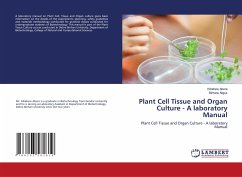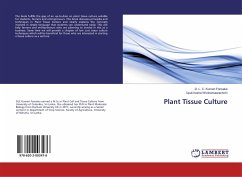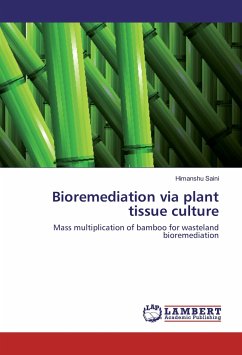Crown gall is a plant tumor incited on dicotyledonous plants by infection with a bacterium, Agrobacterium tumefaciens. During this process, a portion of a large plasmid contained in the bacterial cell is transferred and incorporated into the genome of the host plant cell. The transferred plasmid DNA, the T-DNA, carries information for products that either control or code for the synthesis of plant hormones. The increased level of phytohormones causes the transformed cells to escape from host control mechanisms and proliferate limitlessly, thus causing a tumor. The T-DNA also contains information that codes for the synthesis of a number of unusual compounds, which can be utilized only by strains of agrobacteria that contain the large tumor-inciting plasmid. Thus, the bacterium has transformed its host plant into an ever-expanding factory producing materials that only the inciting organisms can use. In some agrobacteria the tumor-inciting plasmid has DNA genes that are relate.
Bitte wählen Sie Ihr Anliegen aus.
Rechnungen
Retourenschein anfordern
Bestellstatus
Storno








